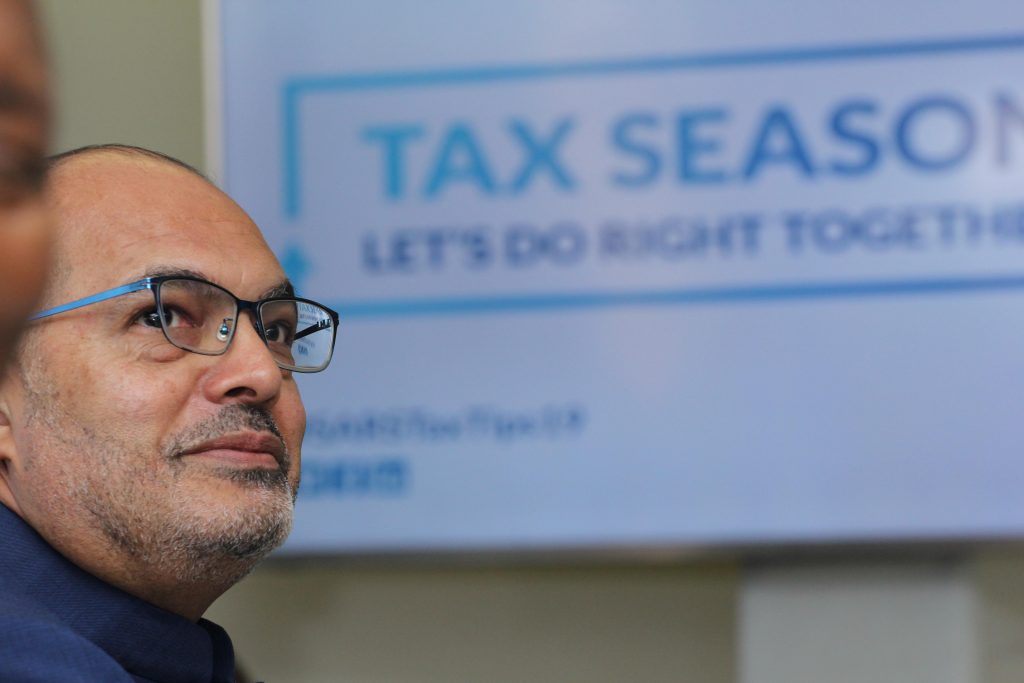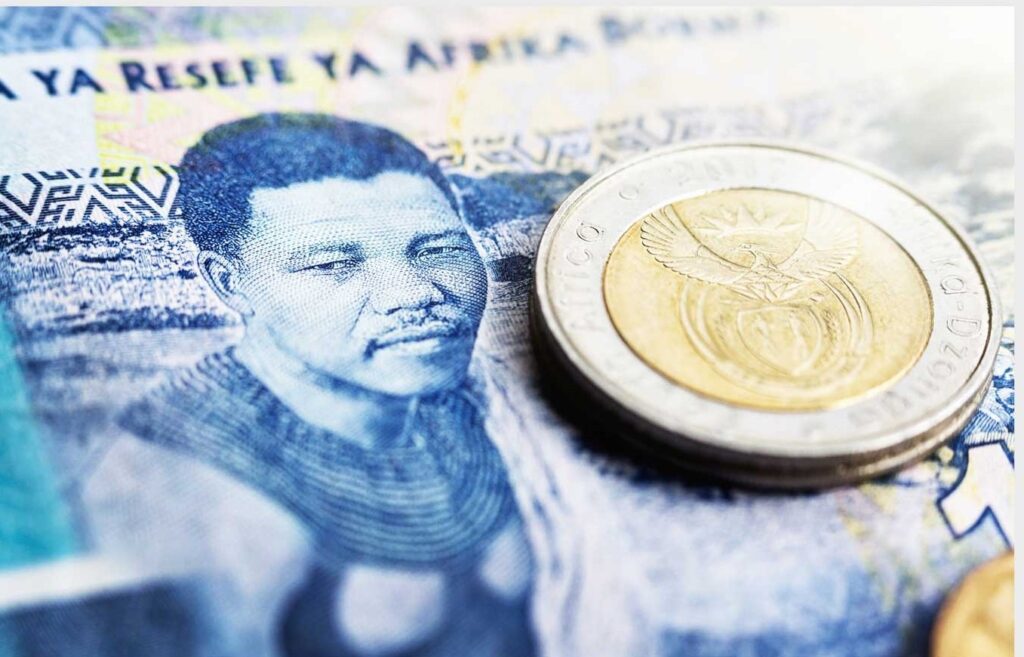Plans to redevelop public land — including sites such as Marks Park, Pirates Sports Club, and the Killarney Country Club (KCC) – have sparked criticism over the City of Johannesburg’s (CoJ) sweeping approach.
MMC for Infrastructure Nicolene Jonker has slammed the move as a “blanket approach”, warning it could put key recreational spaces at risk without proper consultation.
ADVERTISEMENT
CONTINUE READING BELOW
Read: Illegal land grabs prompt a rethink of the Pie Act
Jonker says the city failed to do proper due diligence or consult affected communities before listing the properties, prompting a wave of public opposition and a petition nearing 9 000 signatures.
The Johannesburg Property Company (JPC) confirms it is reviewing long-term leases on city-owned land as part of a broader property strategy – one that could include changes to lease terms or redevelopment of underused portions.
“In the first 25/26 council sitting, they [JPC] said they need public participation on the possible alienation of certain stands,” Jonker tells Moneyweb.
“And that’s when the process started. They said this land would be used for high-density housing.”
The Collins Dictionary defines high-density housing as housing with a higher population density than the average, typically blocks of flats, and tower blocks.
‘Misconception’
In a video posted on JPC’s social media accounts, Sizeka Tshabalala, general manager at JPC, said there has been a misconception that Marks Park and the Killarney Country Club would be developed to serve the purpose of low-cost housing.
“There is no truth in all those allegations,” said Tshabalala, explaining that it is incumbent on JPC to ensure and revise the terms of leases for the properties.
“I have looked at a number of these properties of which some have leases as old as 30 years. For example, if we had to look at Killarney Country Club, the lease agreement payment to the city was only R2 as rental income. If you look at Marks Park the city is receiving R49 per annum. We are also making a contribution as the city to Marks Park.
“If you look at all those terms of the agreement you can see that doesn’t make any business sense.”
Read:
Morero deploys ‘bomb squad’ to defuse CoJ’s ‘deepest crises’
Jozi, my broken home
Long-term leases exceed the standard duration typically seen in residential or commercial rental agreements – often spanning several decades. These extended terms enable tenants to establish lasting operations while offering property owners a consistent and reliable income stream. They are also meant to generate revenue for municipalities and promote development.
“As the owners of these properties the city should be deriving income out of these properties which talks to the market value thereof,” said Tshabalala.
Local law firm CHD says such leases play an important role in real estate, particularly in supporting sustainable development and effective urban planning.
Tshabalala said the concept of redevelopment focuses on how a property is being used. She mentioned the Ruimsig Stadium site as an example, noting that it includes unused land vulnerable to illegal occupation – a community challenge the process aims to address.
At Marks Park, she said, there are areas that are underutilised, while KCC has the potential to accommodate additional usage that could complement the golf course.
Read: Waterfall Country Estate wins case against CoJ over R10.3m penalties
ADVERTISEMENT:
CONTINUE READING BELOW
“I have written reports to council and I am awaiting approval so I can engage with the communities and undertake a public participation process, where we will also engage with the provincial government and National Treasury.
“After the public participation process, I am still going to go back to the city and advise the city of the outcome of the public participation process and that’s when I’ll be requesting council to provide me with the approval to lease and sell some of the portions of these properties,” said Tshabalala.
What will the city be sacrificing?
Jonker notes that other public spaces potentially affected include the University of Johannesburg sports grounds, Melville Koppies Nature Reserve, Wits University sports fields, Wits Soccer Club, and the Johannesburg Botanical Gardens.
She argues that selling off portions of these properties is illogical.
“At Marks Park, they claim there’s land available for development – but which sporting code will be sacrificed? The soccer field? It’s the same situation at Pirates Sports Club and Killarney.
“My concern is that they failed to do proper due diligence,” she adds. “They’ve adopted a blanket approach without first coming to council to say they’re updating their property database or assessing the value and potential uses of these sites.”
JPC vs Killarney Country Club
Chris Martiens, marketing manager at KCC, tells Moneyweb the JPC has not engaged the club about releasing or developing the land it currently leases.
Instead, he says, the club is locked in an ongoing legal dispute with the state-owned entity that is threatening to terminate its lease.
In 2021, the JPC issued KCC two breach notices: one for unauthorised signage and another for a restaurant (La Vie en Rose) operating commercially on the premises.
Although the club says it resolved both issues within the required 30 days, the JPC still issued a lease termination and launched a court application to evict the country club.
After three years of legal back-and-forth, there has been a recent breakthrough in negotiations, and both sides are exploring a potential out-of-court settlement that could allow KCC to remain on the property until its lease expires in July 2040.
However, JPC is still moving ahead with litigation, with a court hearing scheduled for 13 August 2025.
“Selling these green spaces would be taking away the heart of Joburg,” says Jonker.
Follow Moneyweb’s in-depth finance and business news on WhatsApp here.

 5 hours ago
1
5 hours ago
1






















 English (US) ·
English (US) ·